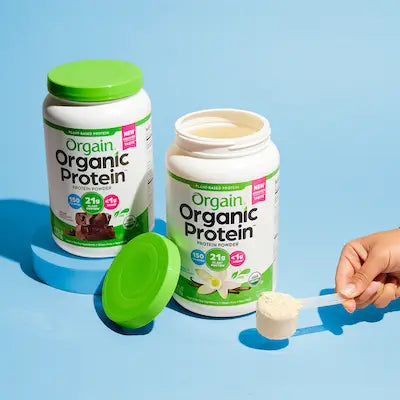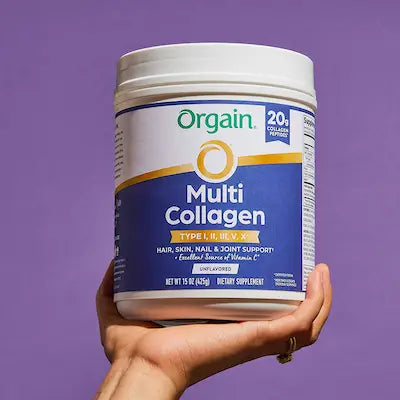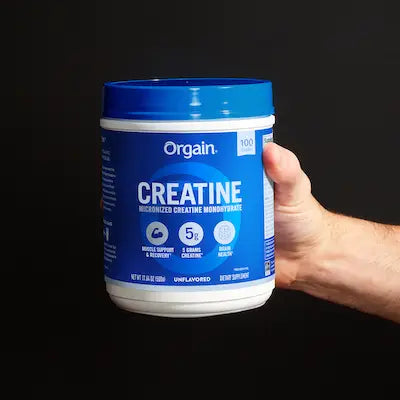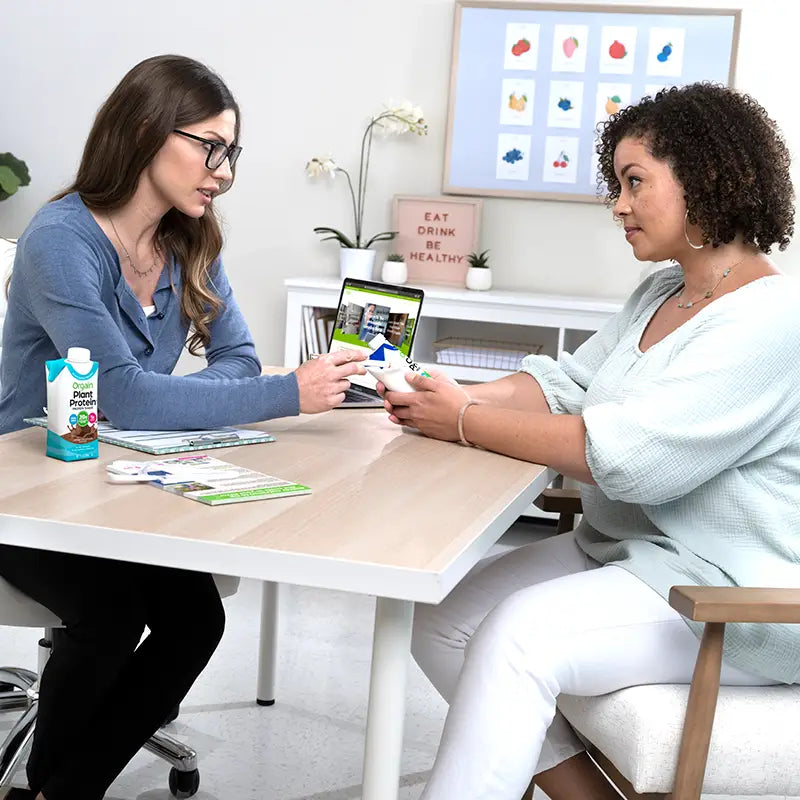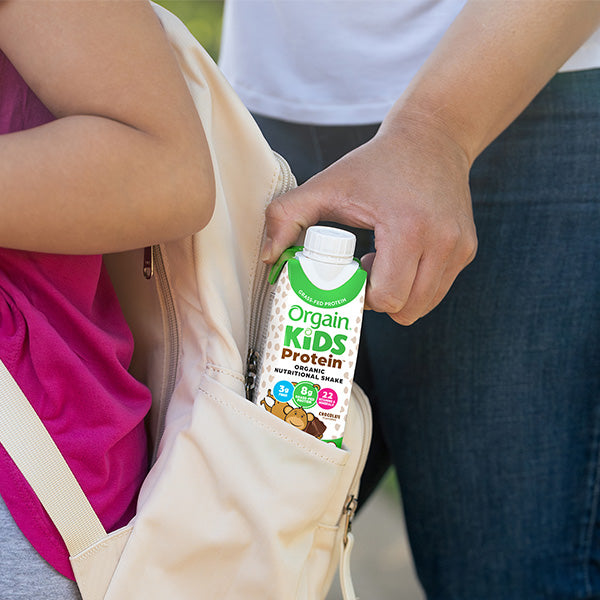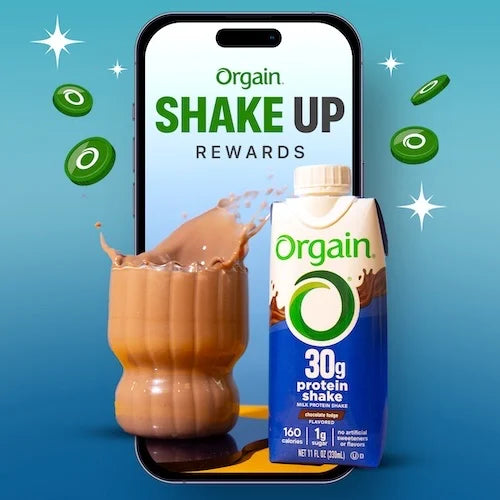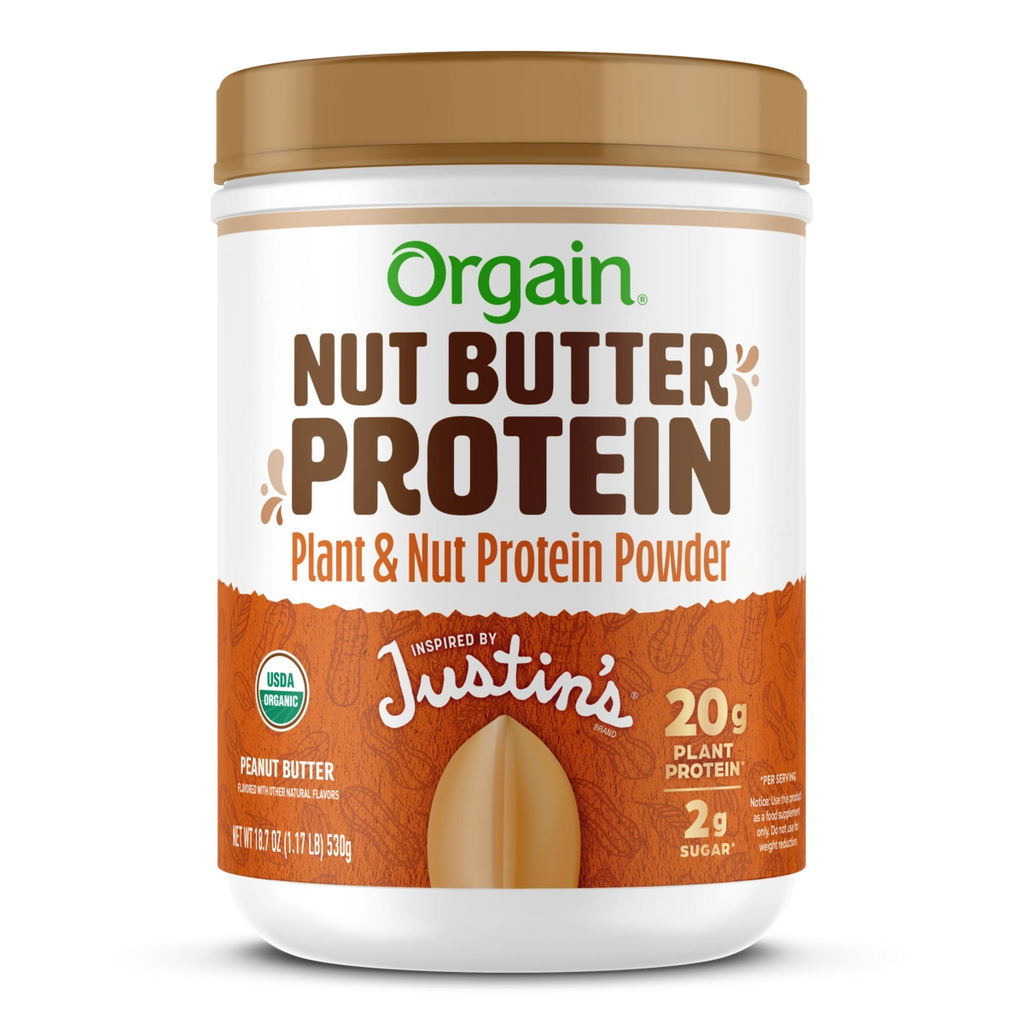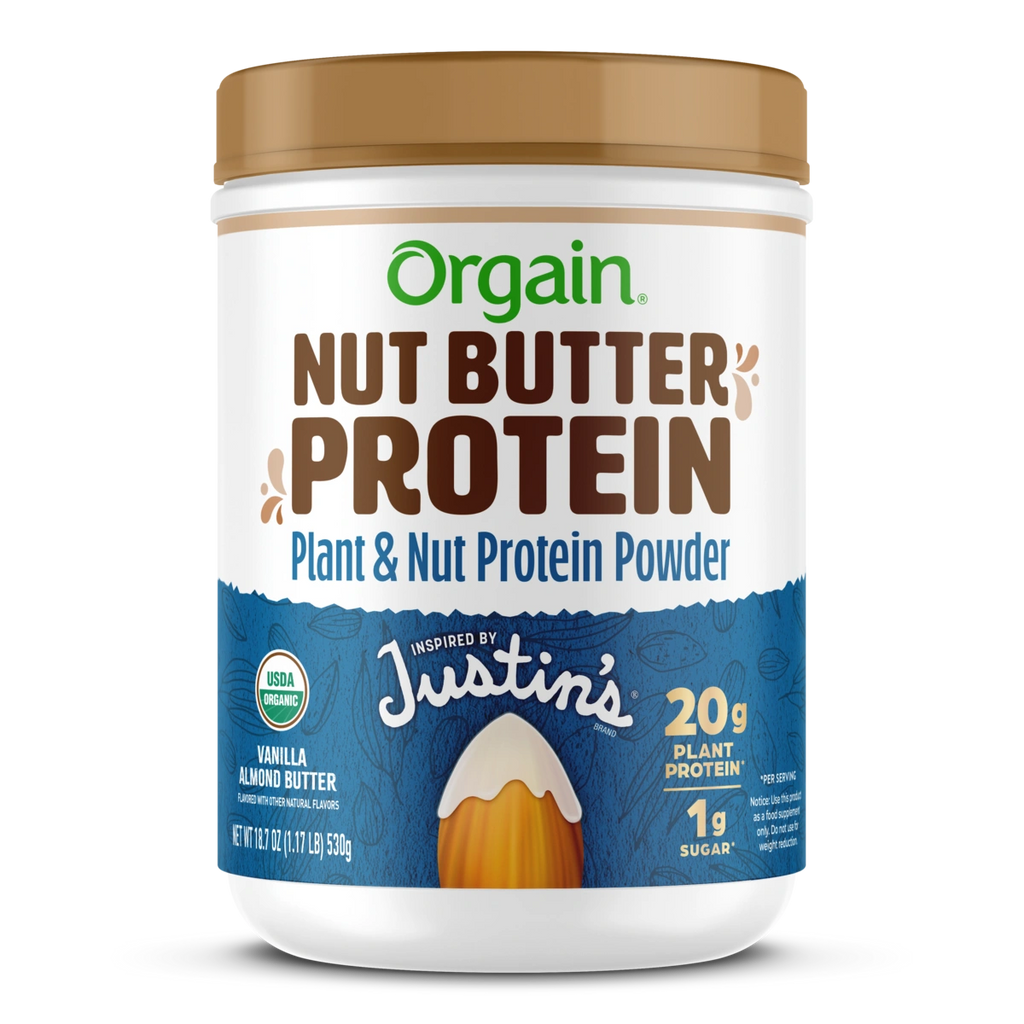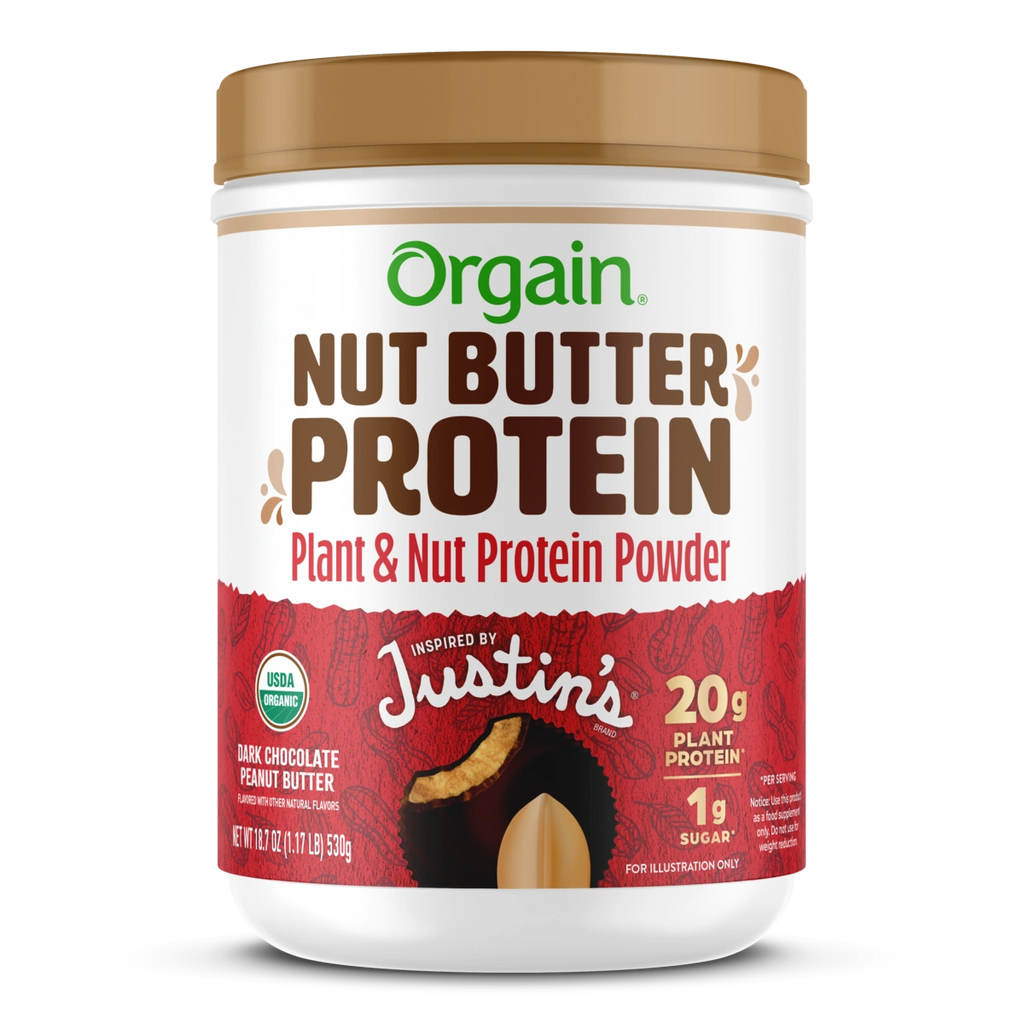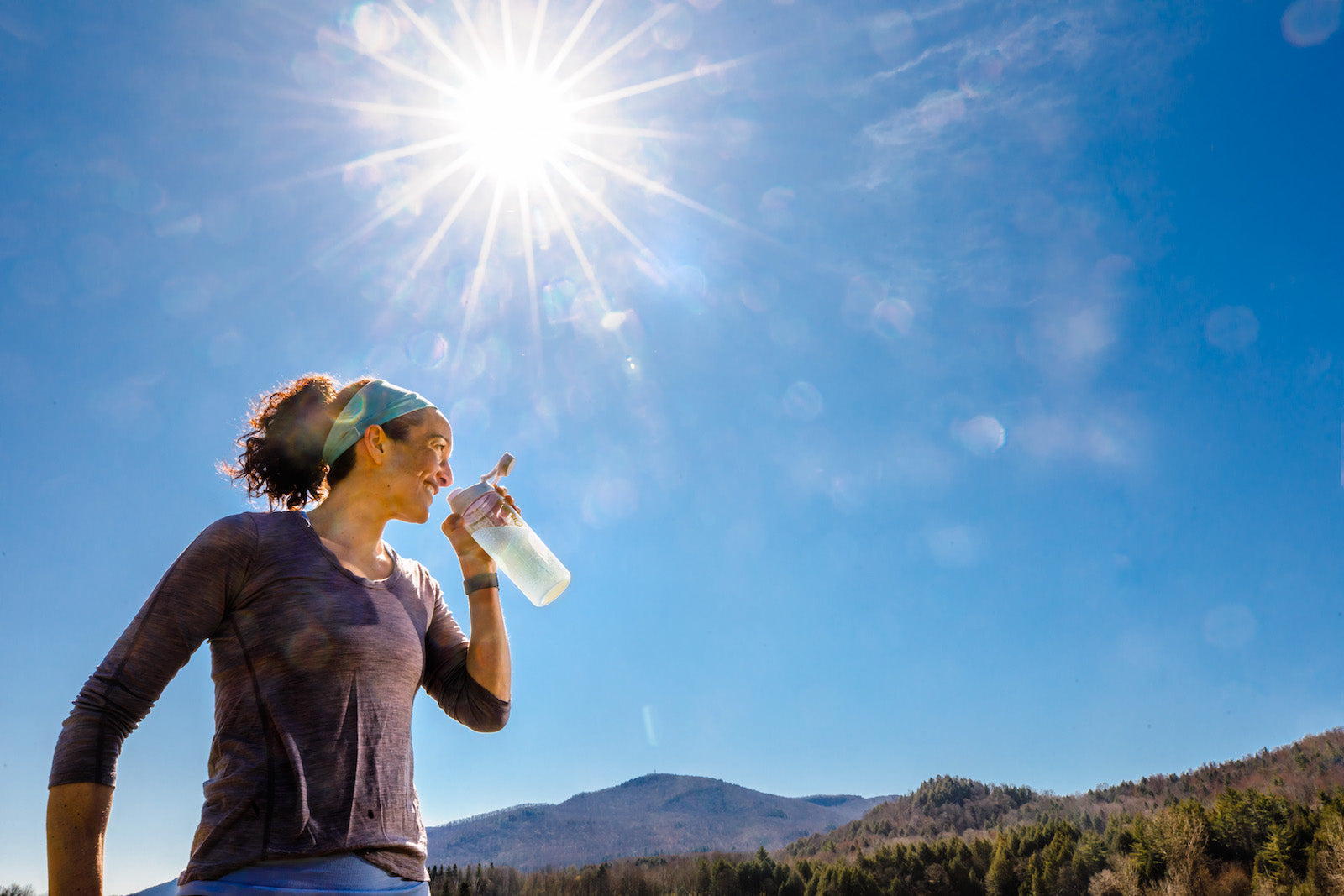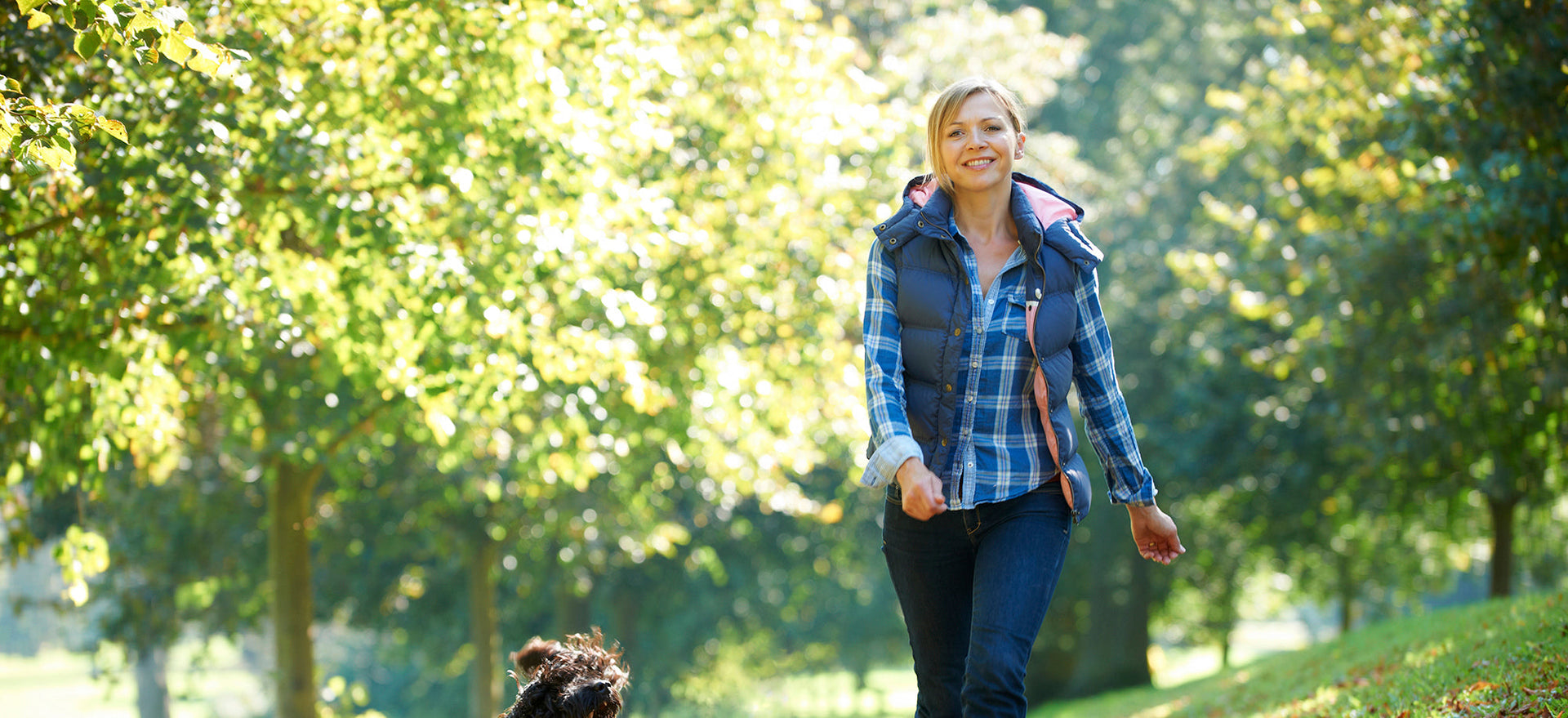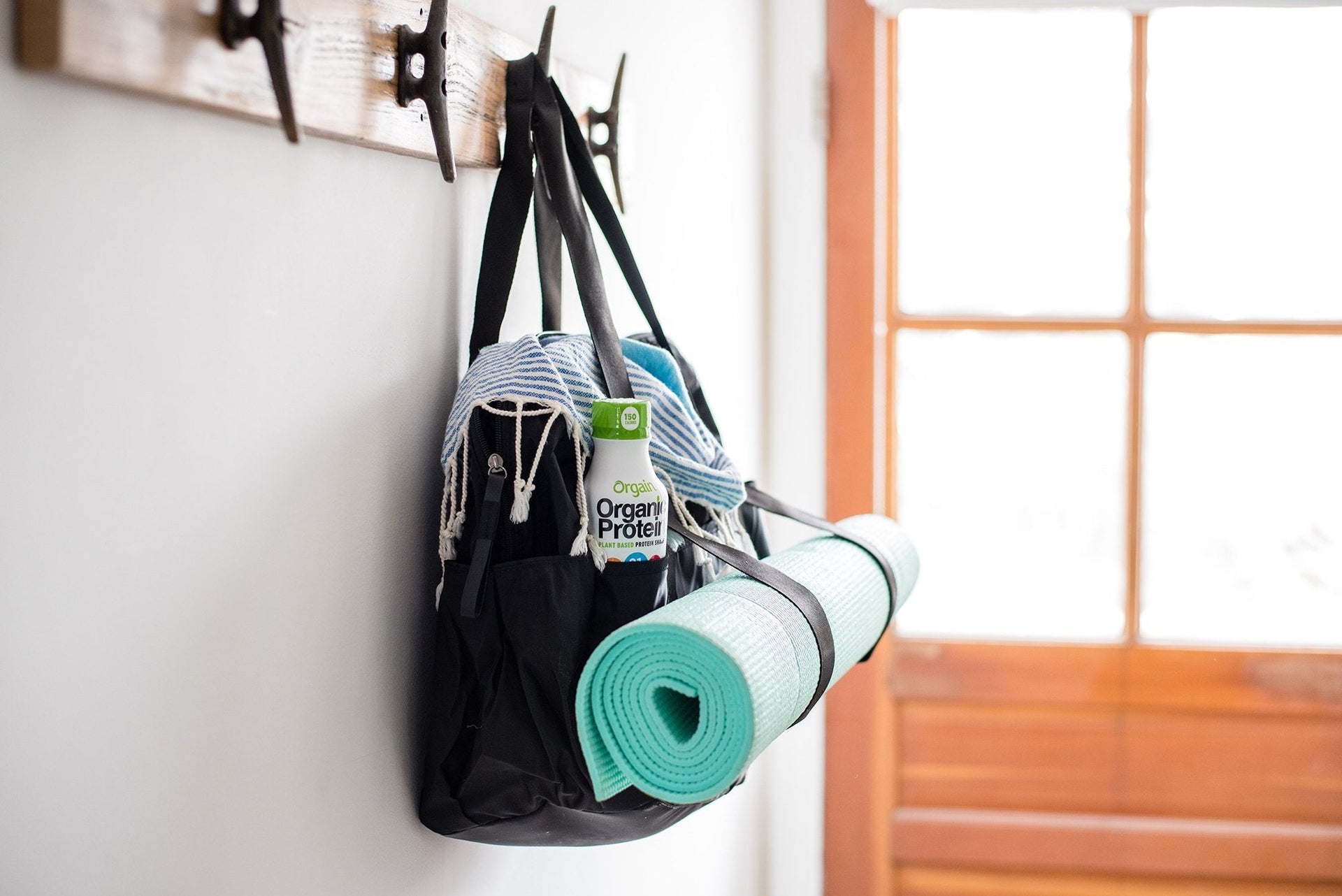ACTIVEate Your Immune System
It’s contagious…you feel it coming on. It starts in your muscles and works its way throughout your body. Once you push past the subtle discomfort, you start to feel… stronger, better even.
No, it’s not a virus – it’s EXERCISE!
A recent study evaluated more than one million runners over a five year span of time and found that exercise is actually socially contagious.1 Contagious in a health promoting way! Not only that but exercise is known to have a profound impact on the normal functioning of the immune system. Of course, given current events, this healthy and contagious phenomenon must be practiced in accordance with social distancing. We’ll expand on that later. First, let’s explore why exercise is beneficial to the immune system and how you can safely implement it.
Exercise and Immune Function
Regular, moderate exercise has been shown to improve immune and metabolic health. According to research, it appears exercise helps to mobilize white blood cells that help fight infections.2 To add to this, epidemiologic studies have consistently shown decreased inflammatory markers in individuals with higher levels of physical activity and fitness. Here's another fitness perk; regular exercise is associated with reduced levels of anxiety and perceived stress, which is something we can all benefit from during these trying times.
How much should we exercise?
For all of us, young and old, regular physical activity remains an important strategy for keeping our immune systems working optimally. The Physical Activity Guidelines for Americans advise that adults should aim for 150-300 minutes per week of moderate aerobic activity and two sessions of strength training activity per week. For most individuals, this means 30 minutes to an hour per day, four to five days per week.
Can we get too much exercise?
The short answer is YES, at least in relation to supporting immune function. Individuals who exercise at high-intensity levels for prolonged periods of time can actually impose stress on their immune system. To best support your immune system, aim for a moderate degree of difficulty. Exercise should feel challenging but not overly exhausting.
Are there specific guidelines for exercise during the coronavirus (COVID-19) pandemic?
Based on what is known about the virus, it is recommended to avoid public gatherings and keep a social distance of more than 6 feet. That doesn’t mean you can’t recruit an accountability partner or two and partake in virtual exercise events or home videos. For those choosing to go to a gym, it’s also important to be mindful of personal hygiene like hand washing, not touching your face, cleaning equipment and wearing a mask.
Regardless of your choice activity, always adhere to the recommendations put in place by the CDC. The most up-to date information about COVID-19 can be found on the Centers for Disease Control and Prevention (CDC) website.
Those at greatest risk for COVID-19 complications include adults over the age of 65, individuals with chronic diseases and individuals with compromised immune systems. These individuals, along with those under "shelter in place" orders, should avoid gyms and opt for exercising at home or outdoors, keeping a safe distance from others.
Below are some strategies to keep you active and immune optimized:
Heart Pumping Activities
- Try an at-home exercise program or search YouTube for an exercise class
- If you have stairs, take advantage of them!
- Bust out a jump rope.
- Walk briskly around the house.
- Put on your headphones and dance to your favorite music.
- Go for a brisk walk or jog around your neighborhood or local park.
- Go for a bicycle ride.
- Do lawn work or gardening (season permitting).
- Play active games or sports with your family.
Strength Training Activities
- Download a strength workout app or video that requires no equipment.
- Give yoga a try.
- Consider the following strength bearing exercises you can do inside or outside:
- Squats
- Wall Sits
- Push-ups
- Lunges
- Single leg step-ups on stairs
- Planks
Regardless of the activity, be sure to avoid crowds and maintain at least 6 feet of physical distance between others. And always check with your physician before starting a new exercise program!

